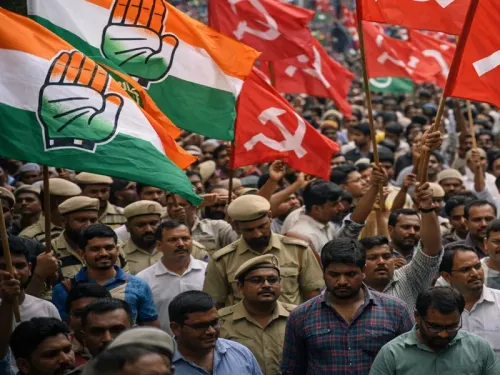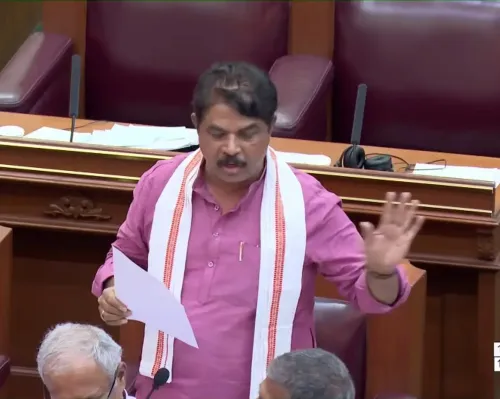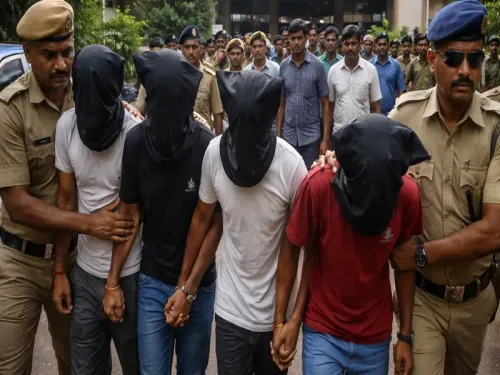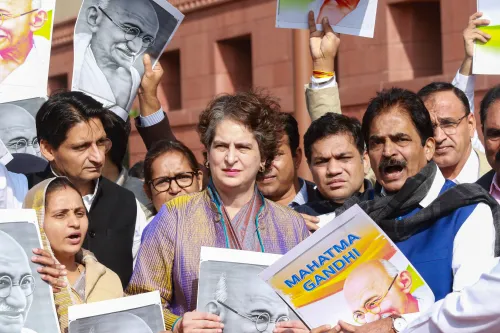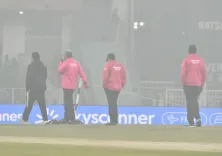Has the SC Collegium Recommended Three New Judges for the Supreme Court?
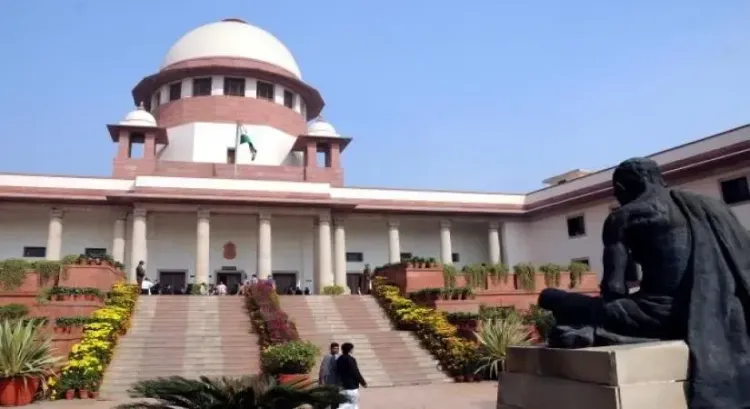
Synopsis
Key Takeaways
- The Supreme Court Collegium has recommended three judges for appointment.
- Current strength of the Supreme Court is 31 judges.
- Justice Anjaria, Bishnoi, and Chandurkar are the recommended candidates.
- Another vacancy will arise with Justice Trivedi's retirement.
- Timely appointments are crucial for effective judicial functioning.
New Delhi, May 26 (NationPress) The Supreme Court Collegium, led by Chief Justice of India (CJI) B.R. Gavai, has submitted its recommendations to the Centre for the appointment of three judges to the apex court.
The Collegium has reportedly endorsed the names of Justice N.V. Anjaria, the current Chief Justice of the Karnataka High Court; Justice Vijay Bishnoi, currently serving as the Chief Justice of the Gauhati High Court; and Justice Atul S. Chandurkar from the Bombay High Court.
As it stands, the Supreme Court is operating with 31 judges, which is three less than its authorized strength of 34 judges.
Moreover, an additional vacancy is anticipated to arise with the upcoming retirement of Justice Bela M. Trivedi on June 9.
Justice Anjaria was appointed as an Additional Judge of the Gujarat High Court in November 2011 and confirmed as a permanent Judge in September 2023. He took his oath as Chief Justice of the Karnataka High Court on February 25 of last year.
Justice Bishnoi, who is the current Chief Justice of the Gauhati High Court, was initially appointed as an Additional Judge of the Rajasthan High Court in January 2013 and became a permanent Judge in January 2015.
Born on April 7, 1965, Justice Chandurkar was elevated to Additional Judge of the Bombay High Court in June 2013. According to the established Memorandum of Procedure (MoP), the CJI, along with the four senior-most judges of the Supreme Court, collectively known as the Collegium, makes recommendations to the Centre to address vacancies in the top court.
Upon receiving the proposal, the Union Minister of Law and Justice will present the recommendation to the Prime Minister, who will then advise the President regarding the appointment. Once the appointment warrant is signed by the President, the Department of Justice will announce the appointments and issue the requisite notification in the official gazette.


